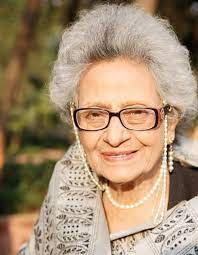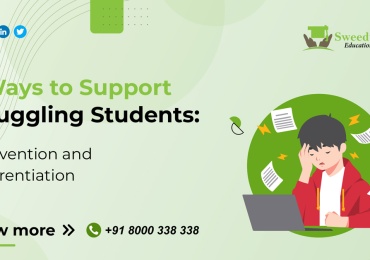W
o
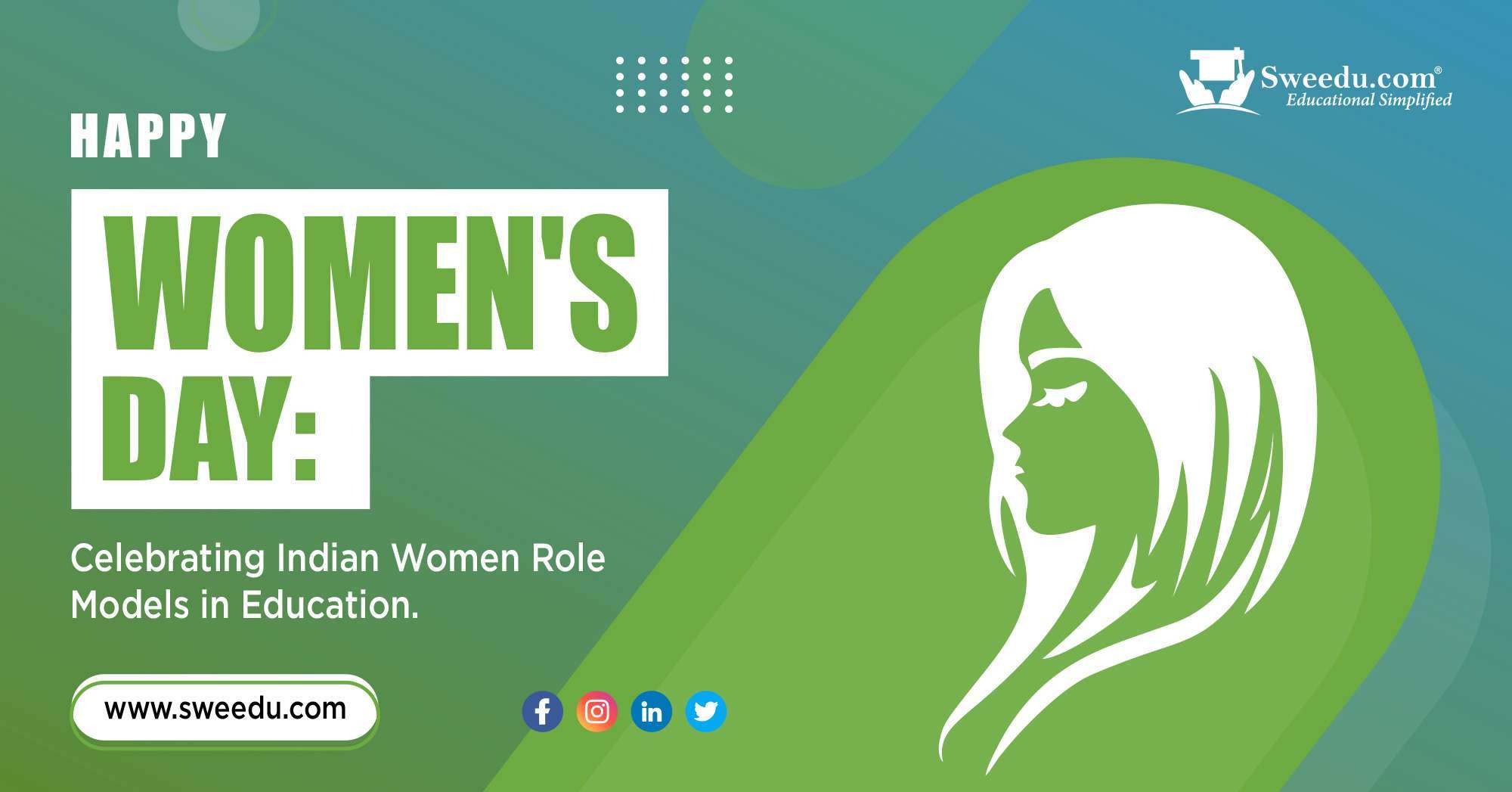
men’s day, a day that marks the struggle of womankind against gender bias and rights. Women now have come a long way but that doesn’t mean that our society has achieved gender equality.
While we have made progress, we’ve also had to face a lot of new challenges along with some old ones that still exist in a lot of women’s lives like gender bias, right to education, gender pay gap to name a few.
This is exactly why women’s day is a very important day. SWEEDU believes in empowering girls and women through education. Education is the key to empower all women, to provide them with tools to lead their lives in the way they want to. But do you know that education is a right still denied to many, not to mention our history where women had to fight to be able to learn.
This is why we’re here to celebrate this important day by remembering all the important Indian women that changed the field of education in ways, big and small.
Women Trailblazers in Education:
1. Begum Hamida Habibulla
Begum Hamida Habibulla, a politician, social activist, educator, and sports enthusiast, worked towards making education accessible for girls from underprivileged sectors in India. She established a girls’ school ‘Talimgah-e-niswan’ to provide for girls from marginalized sections. Today, the school has a student strength of over 3500. Regardless of her role, she worked towards removing the differences between people due to caste and creating opportunities to empower them.
2. Savitribai Phule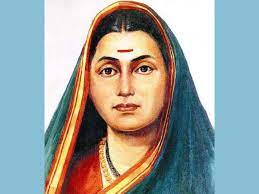
Savitribai Phule played a significant role in India’s freedom movement and the movement for women’s education. She worked towards making education inclusive for women of all castes, as she believed knowledge to be the tool for women’s empowerment.
Despite facing backlash from people of all castes and sectors of society, she continuously worked towards women’s education and rights in India, especially for the marginalized, by establishing multiple schools in the country.
3. Begum Zaffar Ali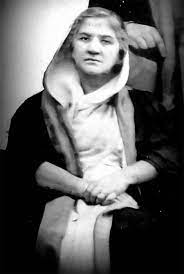
Begum Zaffar Ali was a social activist dedicated to women’s education and liberation. She received a comprehensive education from a European governess, covering subjects such as home science training, health education, society, and family.
Her journey towards promoting women’s education began when she was invited to teach at a girls’ school. Her efforts took off after she became the first woman in Kashmir to pass her matriculation exam.
During her lifetime, she served in various positions in the Department of Education in Kashmir, including School Inspector, Chief Education Officer, and Deputy Director of Education. She worked tirelessly to empower women through education, introducing new reforms and even establishing a technical training center for women.
4. Ramabai Ranade
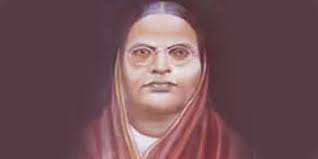
Ramabai Ranade was a political and women’s rights activist who began her education after marrying MG Ranade, a social and educational reformer. She pioneered the practice of incorporating educational activities such as lectures and essay contests into women’s social gatherings to promote women’s education.
During her lifetime, she participated in and led many women’s empowerment organizations, including serving as the chair of the first India Women’s Conference in 1904, and as president of the Bombay Seva Sadan (1908) and Poona Seva Sadan (1909). These organizations focused on the education of adult women and girls, providing vocational and professional training to help them achieve financial independence.
5. Chandraprabha Saikiani

- Chandraprabha Saikiani was a woman who fought hard to ensure that women had access to, and the right to receive, formal education, just like everyone else. Whether it was starting a small school for girls at the young age of 13, protesting against the discriminatory rule that only Christian girls were allowed to use hostels, addressing the Assam Students Conference, or building a temple that was open to all people irrespective of their social or economic background, Chandraprabha fought for women’s rights throughout her life.
-
6. Durgabai Deshmukh
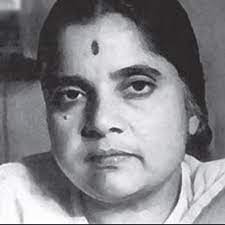
- Durgabai Deshmukh was a politician, social activist, and worker who dedicated her life to women’s empowerment. She contributed to uplifting women in different areas of society, whether it be education, healthcare, political representation, or their basic rights.
- She founded the Andhra Mahila Sabha in 1937, which provided education and vocational training to women. Additionally, she was part of the assembly that drafted the Indian Constitution. She also founded the Mahila Dakshata Samiti in 1942 to improve maternal and child health. Throughout her life, she championed women’s equality and standard of living.
FAQ’s
a. Who are the examples of female leaders in India?
- Some other examples of female leaders in India are Vijaya Lakshmi Pandit, Sushila Nayyar, Indira Gandhi, and Rajkumari Amrit Kaur.
b. Who are the most powerful women in India?
- Some of the top powerful women in India are Nirmala Sitharaman (India’s Finance Minister), Nita Ambani (Director, Reliance Industries), Leena Nair (CEO, Chanel), Falguni Nayar (Founder/CEO of Nykaa).
-
c. Who are some women freedom fighters in Indian history?
- Pritilata Waddedar, Basanti Devi, Aruna Asaf Ali, Kamaladevi Chattopadhyay, Matangini Hazra, Bina Das, Suniti Chaudhary, Jhalkari Bai are some notable women freedom fighters in Indian history.
-
EndNote
Today we reflected on the lives of some incredible women who contributed and even fought for women’s empowerment in several different ways. No matter who they were and where they came from, these women have been trailblazers for women’s empowerment and their education, leaving behind an inspirational example for the next generations of women to come.
On this special day, let’s all celebrate and thank these women who made a great difference for women who came after. SWEEDU wishes everyone a Happy Women’s Day!

